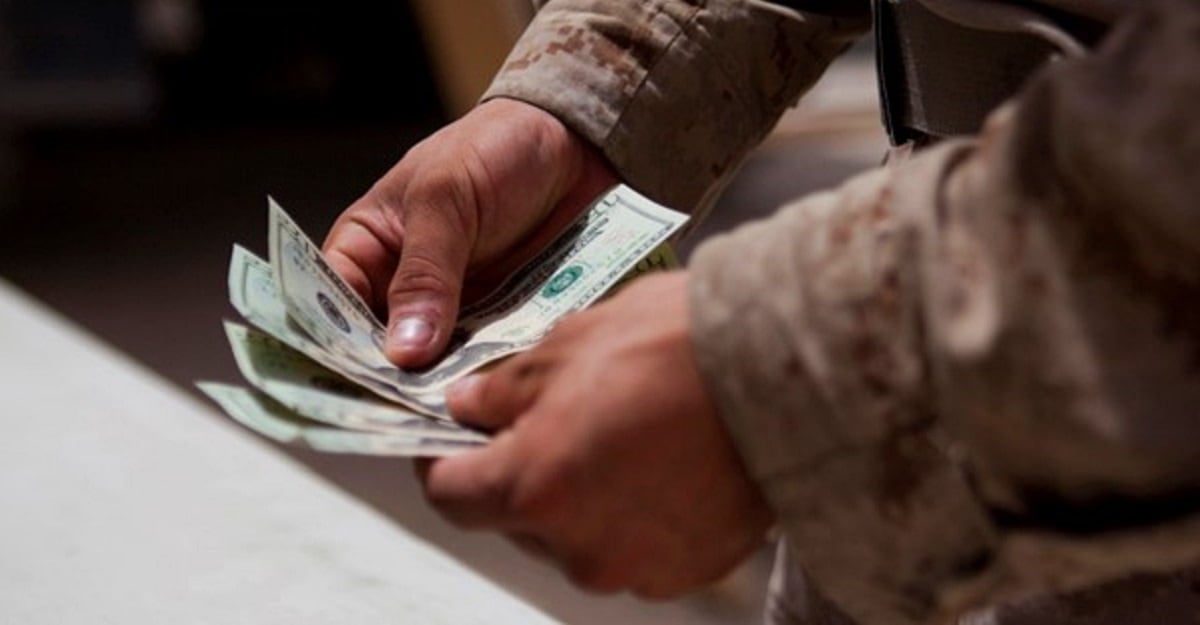If your child’s school plans to continue remote learning in the fall because of COVID-19 in the fall, you might be scrambling to find some extra dollars to pay for expenses like computers, tablets, and supplies.
Don’t go into debt to do it. You may be eligible for assistance through your military relief society — a grant, a zero-interest loan, or a combination of both, depending on your budget situation. They’ve been providing this assistance since the beginning of the pandemic, and have recently expanded some options.
For example:
Army Emergency Relief’s Home School and Remote Education Assistance Program helps soldiers with children in grades kindergarten through 12. AER officers can approve up to $1,500 in assistance; requests above that amount will go to AER headquarters for approval. The program is retroactive to include expenses incurred since March 1, 2020, and it will continue until headquarters rescinds it. It includes full-time homeschool families as well as those whose children are doing remote learning because of COVID-19.
Eligibility for this program is extended to active duty, retired, medically retired soldiers, survivors, and Army Reserve and Army National Guard soldiers activated on Title 10 orders for 31 or more consecutive days. In addition, Army Reserve and Guard soldiers activated on Title 10 or Title 32 orders in support of COVID-19 efforts are eligible, regardless of the length of activation.
Coast Guard Mutual Assistance offers several programs tailored to educational and child care needs during the COVID-19 era. The COVID Supplemental Education Grant pays up to $500 for school supplies to support at-home and virtual learning. The In-Person Tutoring Grant pays up to $1,000 to help young students pre-kindergarten through eighth grade as they navigate virtual classrooms. CGMA also continues to pay for online tutoring for Coast Guard family member students of all ages through Tutor.com/military. The Supplemental Special Needs Grant pays up to $1,000 for support and services that are often provided in person to care for special needs family members. It helps with funding for services or equipment that may be more difficult to get during the pandemic.
CGMA also can provide child care grants of up to $500 to offset increased demands and difficulties in getting child care. Families can also apply for child care loans of up to $6,000 to help meet the need for child care in the wake of closures or capacity reductions in child care centers, and remote learning in some schools.
And for spouses who have lost income, and unemployment benefits are delayed or unavailable, CGMA offers a Lost Wages Loan of up to $6,000 — up to two months of salary.
Navy-Marine Corps Relief Society offers a COVID-19 Rapid Response Loan, a zero-interest loan, in addition to their traditional quick loan and traditional products.
Air Force Aid Society also has zero-interest loans and grants, depending on the situation, and are flexible in meeting the emergency financial needs of airmen and their families during COVID.
It’s always best to check with your military relief society, especially during financial emergencies, before making a move like taking on debt that could worsen your situation. Check with the office on base, and if you’re near another service’s installation, the relief societies all have reciprocal agreements.
If you have trouble reaching any of these relief societies, the American Red Cross is also authorized to provide financial assistance on behalf of each of the military relief societies. Call the American Red Cross at 1-877-272-7337 then select the option for financial assistance.
Whether your child is doing remote learning or in school, sometimes you just need some extra tutoring help. The Defense Department pays for that 24/7 live expert help in a variety of subjects for military students, regardless of whether they’re in a DoD school or a school outside the gate. (CGMA pays for this service for Coast Guard families.) A Tutor.com official said they’ve seen a 30 percent increase in use of their tutoring during COVID.
Karen has covered military families, quality of life and consumer issues for Military Times for more than 30 years, and is co-author of a chapter on media coverage of military families in the book "A Battle Plan for Supporting Military Families." She previously worked for newspapers in Guam, Norfolk, Jacksonville, Fla., and Athens, Ga.





